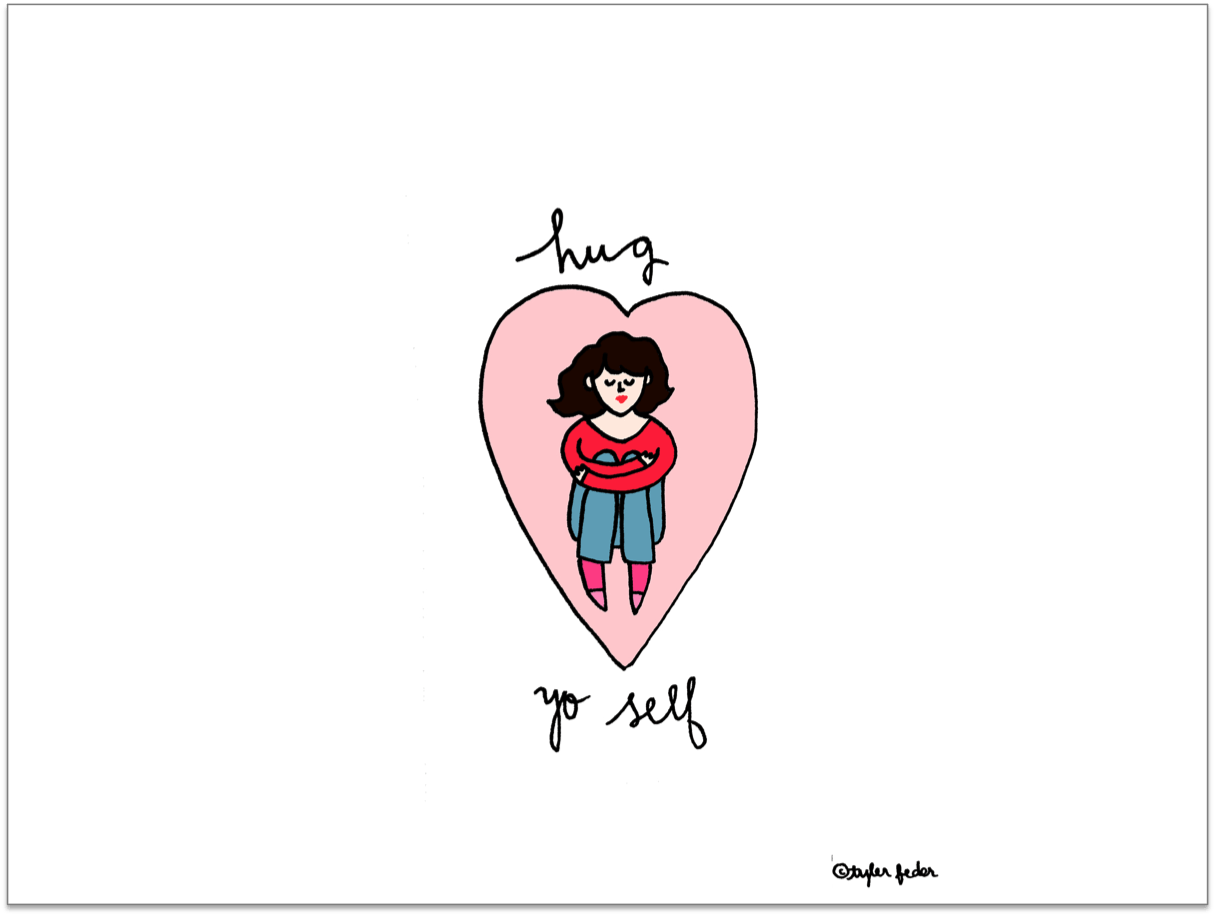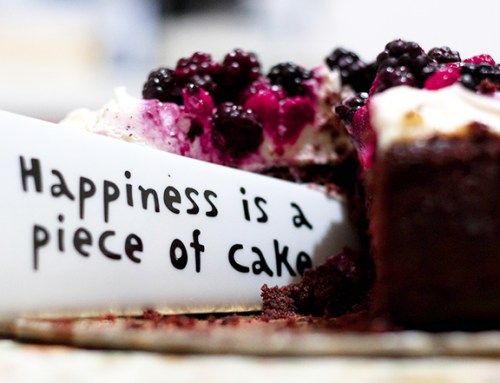We meet them often in our coaching practice. People who move loads and loads of work, but still never do well. Never good enough anyway. This gives them a lot of trouble, and pain. The remedy is simple, but not easy.
When people like this arrive somewhere late – because that preceding other action was a bit off – they pause at the door for a moment. Before they move the latch, they mentally picture the situation they will find. Inside, they suspect, people are pissed off at them. They will throw cranky looks and utter cynical and harsh words and have no appreciation for their hard work, yet shut them out. Those mere thoughts of their stomach squeezes together.
To avoid the worst comments they decide to make a comment themselves. Or a joke.”Good afternoon!”, they cry with a big fake smile, as they enter. Even though it is still only half way that morning…
Painful criticism
The question that arises is: who puts up those high demands anyway? Who thinks everything they do is never (going to be) good enough? Who is failing to see and acknowledge what they do? Who is speaking to them with harsh unappreciative words? In many cases, the answer is confronting. The ones inflicting the most pain… are they themselves.
They have the habit of mainly listening to their ‘inner critic’. That strong inner voice that criticizes them and is contemptuous. In the past, this part of themselves had a task: to protect them from shame and hurt. Over the years this sub-personality grew increasingly present. Even in situations where it was not necessary or even less convenient. Other, more positive, inner voices were pushed into the background more and more. For example that of their inner child, the part of them that responds intuitively and spontaneously. Their playful (carefree and uninhibited fun) and their vulnerable side (shyness and insecurity). Especially the latter is often shut down by the inner critic. At some point, it stings. The inner critic no longer prevents pain, it down right elicits it.
Hug
Is this true for you? Time to change? This is how you can tackle the issue. The first step to a lighter life is simple, but (often) not easy. Give yourself that warm, big hug. Be aware of what you do, and how that feels. Then go stand in front of the mirror and look yourself in the eye. Tell yourself what you are proud of of having done that in the last day. Name at least three things and write them down. Take forty days, each day for a few minutes to give yourself sincere compliments in this way and notice what is happening in your body when you do this. Can you feel the tension decrease in your shoulders? Do you feel less tired? Or is something else manifesting? After that period you will find that your inner critic is less prevalent. You are more relaxed and feel much better and prouder. Now, you are on your way to give yourself a lighter and better life.
When people like this arrive somewhere late – because that preceding other action was a bit off – they pause at the door for a moment. Before they move the latch, they mentally picture the situation they will find. Inside, they suspect, people are pissed off at them. They will throw cranky looks and utter cynical and harsh words and have no appreciation for their hard work, yet shut them out. Those mere thoughts of their stomach squeezes together.
To avoid the worst comments they decide to make a comment themselves. Or a joke.”Good afternoon!”, they cry with a big fake smile, as they enter. Even though it is still only half way that morning…
Painful criticism
The question that arises is: who puts up those high demands anyway? Who thinks everything they do is never (going to be) good enough? Who is failing to see and acknowledge what they do? Who is speaking to them with harsh unappreciative words? In many cases, the answer is confronting. The ones inflicting the most pain… are they themselves.
They have the habit of mainly listening to their ‘inner critic’. That strong inner voice that criticizes them and is contemptuous. In the past, this part of themselves had a task: to protect them from shame and hurt. Over the years this sub-personality grew increasingly present. Even in situations where it was not necessary or even less convenient. Other, more positive, inner voices were pushed into the background more and more. For example that of their inner child, the part of them that responds intuitively and spontaneously. Their playful (carefree and uninhibited fun) and their vulnerable side (shyness and insecurity). Especially the latter is often shut down by the inner critic. At some point, it stings. The inner critic no longer prevents pain, it down right elicits it.
Hug
Is this true for you? Time to change? This is how you can tackle the issue. The first step to a lighter life is simple, but (often) not easy. Give yourself that warm, big hug. Be aware of what you do, and how that feels. Then go stand in front of the mirror and look yourself in the eye. Tell yourself what you are proud of of having done that in the last day. Name at least three things and write them down. Take forty days, each day for a few minutes to give yourself sincere compliments in this way and notice what is happening in your body when you do this. Can you feel the tension decrease in your shoulders? Do you feel less tired? Or is something else manifesting? After that period you will find that your inner critic is less prevalent. You are more relaxed and feel much better and prouder. Now, you are on your way to give yourself a lighter and better life.







Leave A Comment